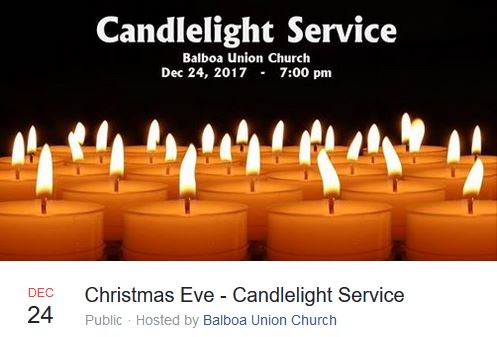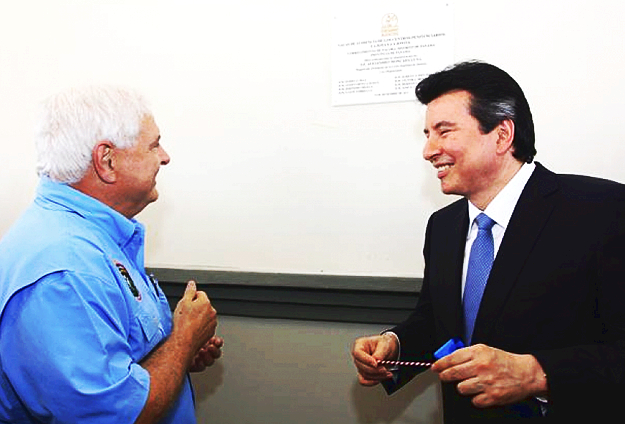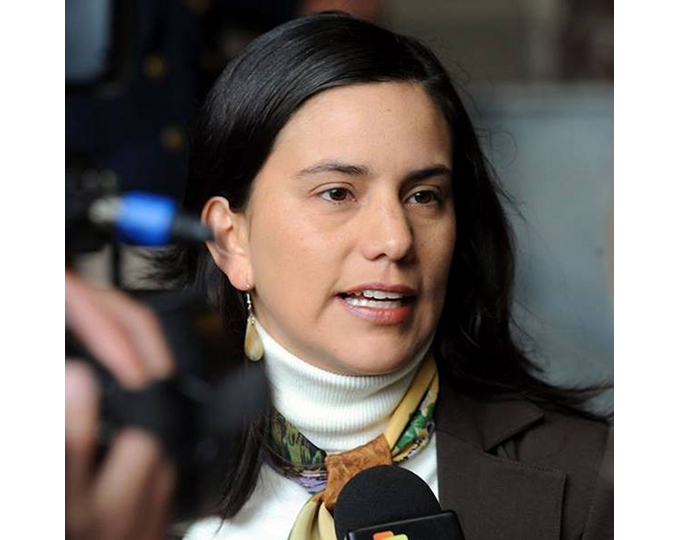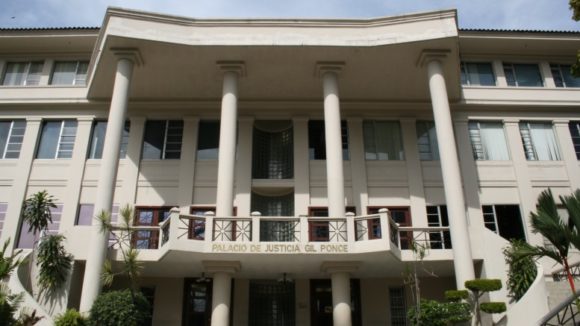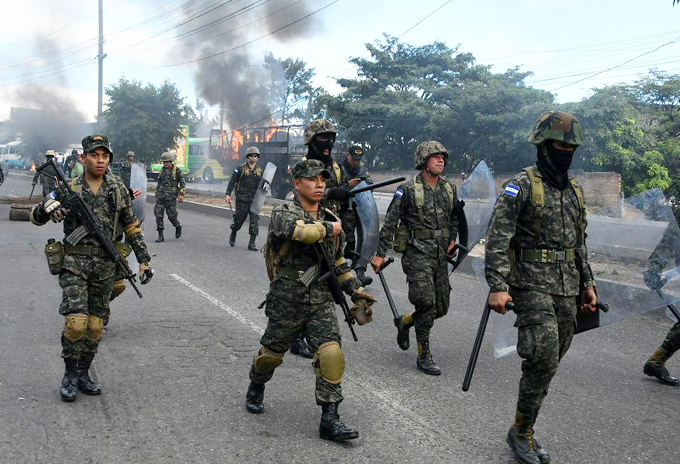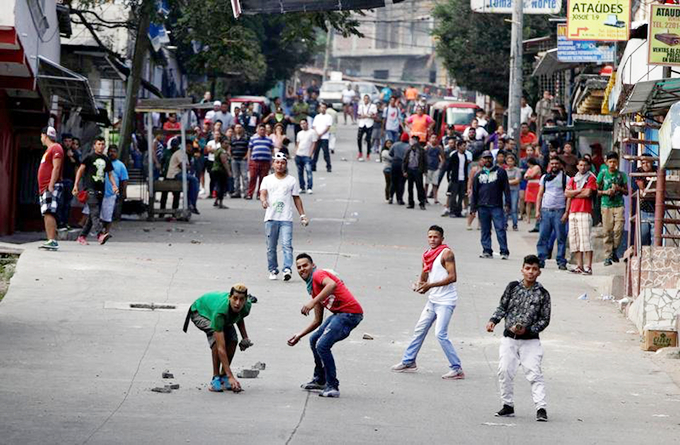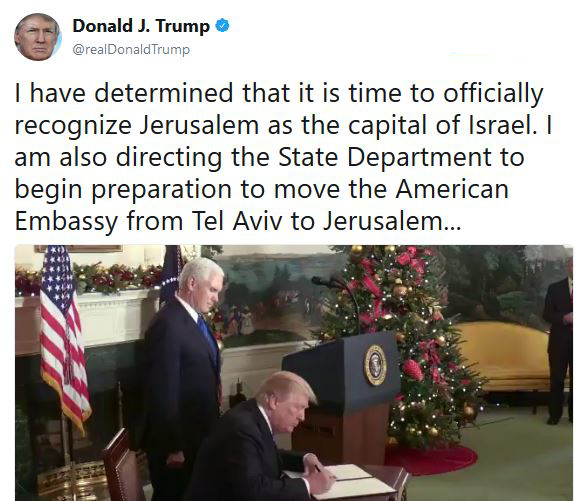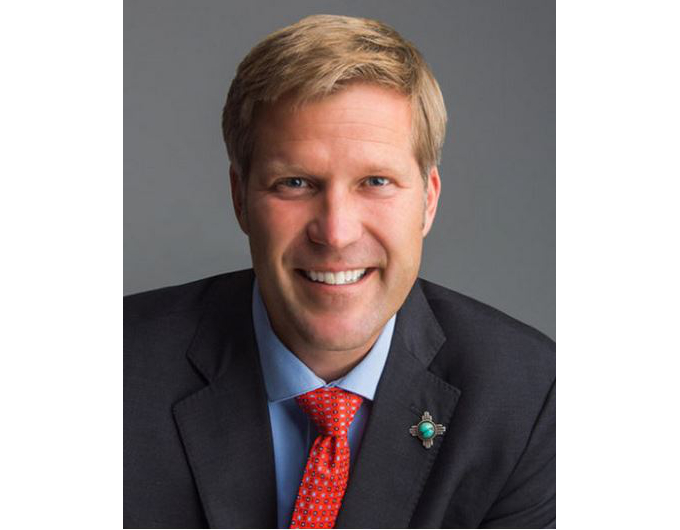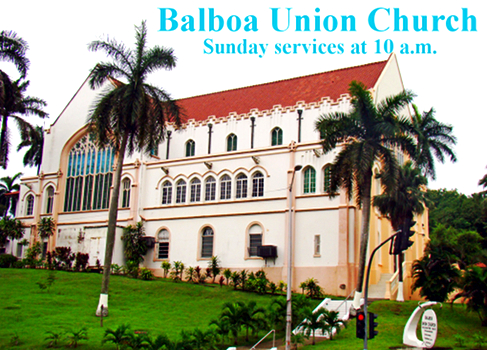Cry, Beloved Country
by Uri Avnery — Gush Shalom
Anyone proposing the death penalty is either a complete fool, an incorrigible cynic or mentally disturbed — or all of these.
There is no effective therapy for any of these defects. I wouldn’t even try.
A fool would not understand the overwhelming evidence for the conclusion. For a cynic, advocacy of the death penalty is a proven votecatcher. A mentally disturbed person derives pleasure from the very thought of an execution. I am not addressing any of these, but ordinary citizens of Israel.
Let me start by repeating the story of my own personal experience.
In 1936, the Arab population of Palestine launched a violent uprising. The Nazi persecution in Germany drove many Jews to Palestine (including my own family), and the local Arabs saw their country slipping away from under their feet. They started to react violently. They called it the Great Rebellion, the British talked of “disturbances” and we called it “the events.”
Groups of young Arabs attacked Jewish and British vehicles on the roads. When caught, some of them were sent by the British courts to the gallows. When the Arab attacks did not stop, some right-wing Zionists started a campaign of “retaliation” and shot at Arab vehicles.
One of these was caught by the British. His name was Shlomo Ben-Yosef, a 25-year-old illegal immigrant from Poland, a member of the right-wing youth organization Betar. He threw a grenade at an Arab bus, which failed to explode, and fired some shots that hit nobody. But the British saw an opportunity to prove their impartiality.
Ben-Yosef was sentenced to death. The Jewish population was shocked. Even those who were totally opposed to “retaliation” pleaded for clemency, rabbis prayed. Slowly the day of the execution drew near. Many expected a reprieve at the last moment. It did not come.
The hanging of Ben-Yosef on June 29, 1938 sent a powerful shockwave through the Jewish public. It caused a profound change in my own life. I decided to fill his place. I joined the Irgun, the most extreme armed underground organization. I was just 15 years old.
I repeat this story because the lesson is so important. An oppressive regime, especially a foreign one, always thinks that executing “terrorists” will frighten others away from joining the rebels.
This idea stems from the arrogance of the rulers, who think of their subjects as inferior human beings. The real result is always the opposite: the executed rebel becomes a national hero, for every rebel executed, dozens of others join the fight. The execution breeds hatred, the hatred leads to more violence. If the family is also punished, the flames of hatred rise even higher.
Simple logic. But logic is beyond the reach of the rulers.
Just a thought: some 2000 years ago, a simple carpenter was executed in Palestine by crucifixion. Look at the results.
In every army, there are a number of sadists posing as patriots.
In my army days, I once wrote that in every squad there is at least one sadist and one moral soldier. The others are neither. They are influenced by either of them, depends on which of the two has the stronger character.
Last week something horrible happened. Since the announcement of the American Clown-In-Chief about Jerusalem, there have been daily demonstrations in the West Bank and the Gaza Strip. The Palestinians in the Gaza Strip approach the separation fence and throw stones at the soldiers on the Israeli side. The soldiers are instructed to shoot. Every day Palestinians are wounded, every few days Palestinians are killed.
One of the demonstrators was Ibrahim Abu-Thuraya, a 29-year-old legless Arab fisherman. Both of his legs were amputated nine years ago, after he was injured in an Israeli air-strike on Gaza.
He was pushed in his wheelchair over the rough terrain towards the fence when an army sharpshooter took aim and killed him. He was unarmed, just “inciting.”
The killer was not an ordinary soldier, who may have shot without aiming in the melee. He was a professional, a sharpshooter, used to identify his victim, take careful aim and hit the exact spot.
I try to think about what went on in the shooter’s brain before shooting. The victim was close. There was absolutely no way not to see the wheelchair. Ibrahim posed absolutely no threat to the shooter or to anyone else.
(A cruel Israeli joke was born immediately: the sharpshooters were ordered to hit the lower parts of the bodies of the demonstrators. Since Ibrahim had no lower parts, the soldier had no choice but shoot him in the head.)
This was a criminal act, pure and simple. An abhorrent war crime. So, did the army — yes, my army! — arrest him? Not at all. Every day, a new excuse was found, each more ridiculous than the other. The shooter’s name was kept secret.
My God, what is happening to this country? What is the occupation doing to us?
Ibrahim, of course, became overnight a Palestinian national hero. His death will spur other Palestinians to join the fight.
Are there no rays of light? Yes there are. Though not many.
A few days after the murder of Ibrahim Abu-Thuraya, an almost comic scene was immortalized.
In the Palestinian village Nabi Saleh in the occupied West Bank, two fully armed Israeli soldiers are standing. One is an officer, the other a sergeant. A group of three or four Arab girls, about 15 or 16 years old, approach them. They shout at the soldiers and make abusive gestures. The soldiers pretend not to notice them.
One girl, Ahd Tamimi, approaches a soldier and hits him. The soldier, much taller than her, does not react.
The girl comes even closer and hits the face of the soldier. He defends his face with his arms. Another girl records the scene with her smartphone.
And then the incredible happens: both soldiers walk backwards and leave the scene. (Later it appears that the cousin of one of the girls was shot in the head a few days earlier.)
The army was shocked by the fact that the two soldiers did not shoot the girl. It promised an investigation. The girl and her mother were detained that night. The soldiers are in for a rebuke.
For me, the two soldiers are real heroes. Sadly, they are the exceptions.
Every human being has the right to be proud of his or her country. To my mind, it’s a basic human right as well as a basic human need.
But how can one be proud of a country that is trading in human bodies?
In Islam, it is very important to bury the dead as soon as possible. Knowing this, the Israeli government is withholding the bodies of dozens of “terrorists,” to be used as trading chips for the return of Jewish bodies held by the other side.
Logical? Sure. Abhorrent? Yes.
This is not the Israel I helped to found and fought for. My Israel would return the bodies to the fathers and mothers. Even if it means giving up some trading chips. Isn’t losing a son punishment enough?
What has become of our common human decency?
Uri Avnery, a member of the Gush Shalom Israeli peace bloc, is an Israeli combat veteran who was wounded in the war of independence and is a former member of the Knesset.
~ ~ ~
These announcements are interactive. Click on them for more information.




